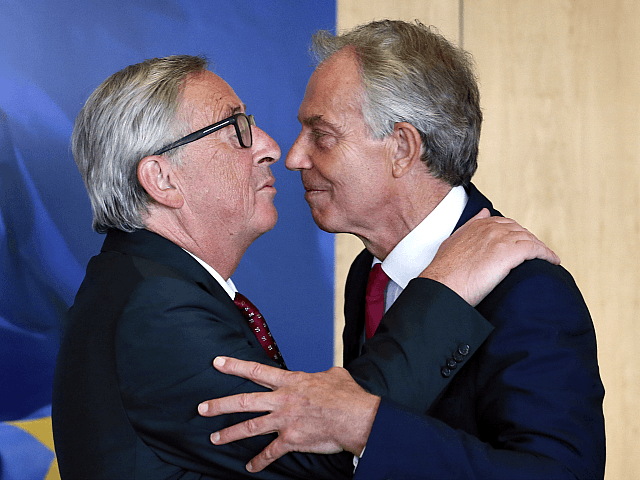
During the EU referendum the BBC studiously ignored the negatives of staying in the EU preferring to extol its supposed virtues, though even those are somewhat dubious. One of the major problems with the EU is its intention to create the EU superstate with complete financial, political, economic, industrial and military powers taken over from the individual states thus destroying their status as individual, sovereign nations with all that that entails including of course the EU giving itself the ability to redistribute money from rich areas to less prospeperous areas. This of course is already done but the scope for a massive increase in this will be handed to the EU. This naturally would be unwelcome for us [but we’re leaving hurrah!] but Germany would be in line to be the main milchcow to be drained of its wealth. Putin’s once colleague, Merkel, would no doubt be happy to take yet another chance to emasculate Germany after having set out to destroy its society and culture, now perhaps she will look to reduce its financial clout in the world by emptying the coffers and frittering away the money on white elephant projects in southern Europe, on farm subsidies to the mafia and a growing EU bureaucracy paying itself billions. Look at what is happening in Spain where one reason Catalonia wants independence is that it is fed up, as a rich region, of subsidising the rest of Spain.
Will the Catalans, resentful of subsidising farmers in Andalusia, quietly have no problem with subsidising Polish peasants in Lower Silesia?
Look at the EU’s response as Druncker ‘warned the Catalans against “separatist adventures” prior to the vote, asserting that “regional traditions” should not “set themselves as elements of separatism and fragmentation of Europe” and another EU politician stated that this was ‘a nationalistic propaganda act, undemocratic; a coup attempt against Spanish democracy, and so a coup against Europe’. The BBC’s response has been very muted and of course conflicted as it supports these little revolts against the nation state but also sees it as a threat to the EU...hence when an MEP states that the Catalan crisis is a ‘bigger threat to EU than Brexit’ the BBC prefers to talk about May’s coughing fit yesterday and today.
The BBC didn’t dwell much if at all on such important negatives of staying in the EU, never mind the basic one of loss of sovereignty to jumped up little jackasses like Druncker and Barnum but Guido shows that such things should have been, and should still be, considered as the referendum still seems to be ongoing with the BBC putting it about that Brexit is still undecided as Stout Remainer, Stanley Johnson, father of Boris, recants….
For me the critical moment came a couple of weeks ago when EU Commission President Juncker gave his State of the Union address to the European Parliament. The vision he presented of an EU with a single government, and with directly-elected EU ministers with EU-wide responsibilities, including finance and defence, was quite simply – it seemed to me – totally over the top.
Up until then, I was still ready to argue that if you wanted to steer the ship in a different direction, the best thing surely was to stay on board and try to seize control of the steering wheel. In other words, fight from within for change.
But the ship metaphor doesn’t really work. The train metaphor is a better reflection of reality. Mr Juncker’s Federal Express is heading down the track at an ever-increasing speed in a direction we really don’t want to go. Even if Britain stayed on board, I doubt if we would be able to change the points on the track ahead, or even slow the train down.
Boris, I have to say (but I would, wouldn’t I?), wrote a brilliant 4,200-word article in the Daily Telegraph pointing all this out at more or less the same time that Mr Juncker was giving that unfortunate speech. Boris argued that for 40 years Britain has been trying to nudge the EU towards a different destiny and on the whole we have not had much luck.
The time has come to bail out, he asserted. I agree. We may argue about the length of the transition or ‘implementation’ period but there cannot surely be any longer any doubt what the ‘end-state’must be.


